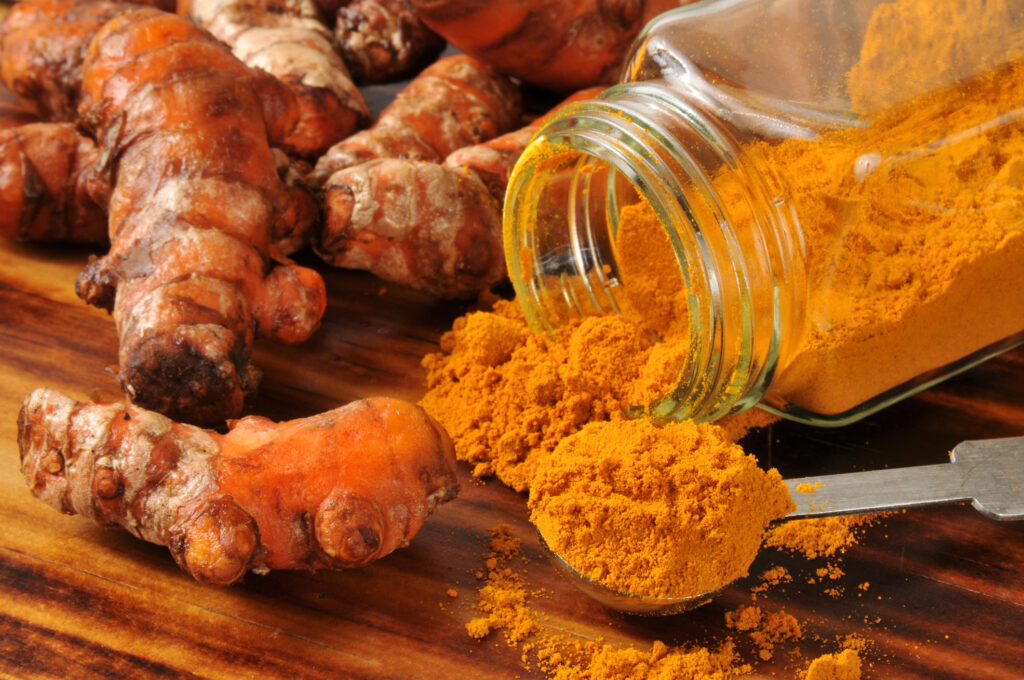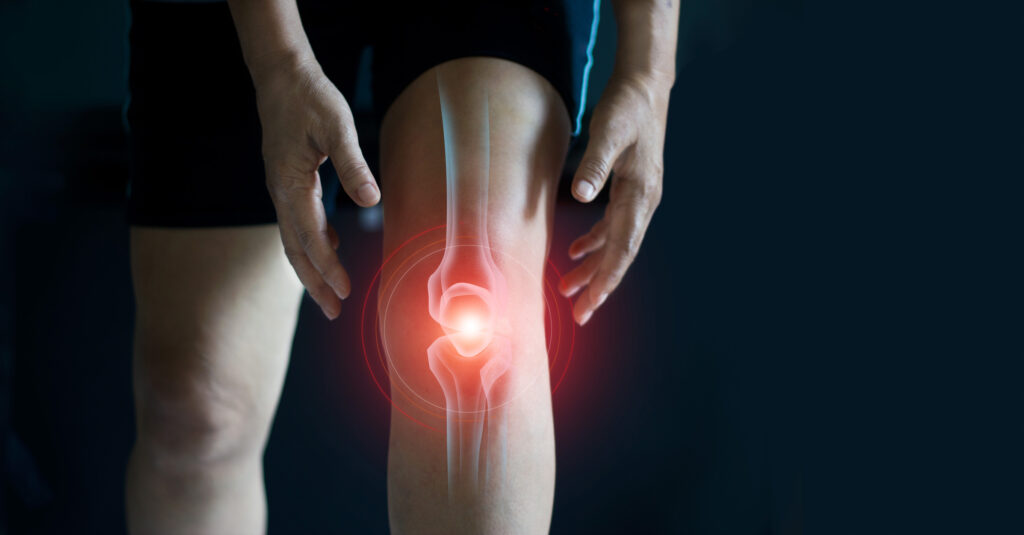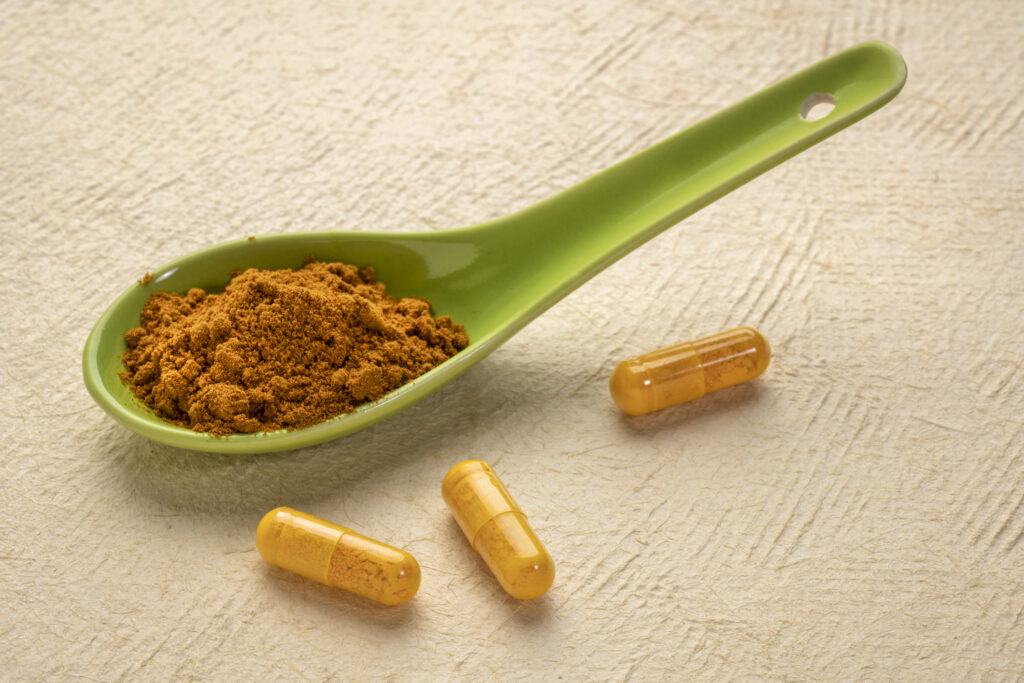
While it may be tempting to pop an ibuprofen pill after a tough workout to ease aching muscles, you may want to consider a healthier alternative. Turmeric has some amazing benefits with little or no side-effects. I knew it was a natural powerhouse but was still surprised by some of the studies specifically related to running recovery issues, namely pain and inflammation.
Turmeric is known for its potent anti-inflammatory and antioxidant properties making it an ideal supplement for running recovery. It has been used for centuries as part of traditional medicine to treat pain and inflammation with few side-effects. It has more recently gained popularity among athletes with studies supporting many of the touted benefits.
While exercise overall reduces inflammation in the body, immediately after an intense workout the body will have higher levels of inflammation. This is what makes us sore and the quicker we can reduce the inflammation the faster we can get back to the next workout. Read on to see the benefits of turmeric and how it can help speed up the recovery process.
Benefits of Turmeric
There are numerous studies surrounding the benefits of consuming turmeric to reduce inflammation and pain. Below are a few studies with the linked article on some of these benefits.
Reduced Inflammation

A 2007 study done on mice studied them running uphill and downhill on a treadmill. One group was given curcumin while the other group did not. The study measured the levels of inflammation and tracked exercise activity including the frequency and duration after the initial workout in each group.
The results were quite remarkable that the group given curcumin, an active ingredient in turmeric, saw improvements in all areas. Not only did the mice given curcumin show reduced inflammation, but the group give curcumin voluntary also exercised 2-3 times more often than the other group indicating they were feeling recovered.
The study indicates that if inflammation is reduced after a workout you are more likely to feel better on the next workout and will likely have a better workout.
https://journals.physiology.org/doi/full/10.1152/ajpregu.00858.2006
Reduced pain

A study published in 2021 reviewing 10 other studies showed improvement in pain and function for ones suffering from osteoarthritic knee pain with turmeric therapy. While this study specifically focused on arthritis suffers it is likely that runners who often complain of knee pain and aches could also experience reduced pain with turmeric therapy.
There were no significant adverse effects of the turmeric therapy and the benefits appeared comparable to the NSAIDs as the outcomes were similar.
Other Benefits
Numerous other studies have found turmeric to be effective in boosting memory, fighting free radicals, lowering the risk of heart disease, fights depression, and wards off cancer. There may be even more benefits that scientists haven’t studied yet. With all these positive effects and no significant side-effects Turmeric appears to be an ideal supplement to add to any diet.
7 Health Benefits of Turmeric – Cleveland Clinic
Should you buy turmeric supplements or use fresh turmeric root?

There are various studies over the years involving turmeric and most involve the active ingredients, curcumin. Studies involving curcumin have been impressive, demonstrating its cancer fighting properties and ability to reduce inflammation.
However, there are a lot of other active ingredients in turmeric that have not necessarily been isolated and studied. Turmeric has over 300 different components which have not been studied extensively, if at all. Most scientists recognize, not all the components of a whole food are fully understood including how they interact with one another.
In general, consuming the whole food spice turmeric versus a pill supplement of curcumin is a better option for maximum benefits. Curcumin is only one of the active ingredients in turmeric, but not the only one. To ensure you aren’t missing out any of the other powerful and beneficial components of the turmeric plant, consuming the whole food is best.
There are only a few studies that compare the results of treating with curcumin vs turmeric. These studies indicate that the whole food turmeric performed better than the isolated ingredient curcumin alone.
Most of these studies were cancer-based studies, but the results are undeniable regarding the benefits of using the whole food spice turmeric. It is interesting to note that studies have found that curcumin-free turmeric still possessed anti-inflammatory, anticancer, and antidiabetic properties and as effective as curcumin alone.
All this data seems to indicate that including the whole food turmeric root in your post workout recovery plan is most ideal. The practicality of consuming fresh turmeric on a regular basis may not be as feasible as it sounds. For this and other reasons some may find consuming turmeric pills may be the most convenient method to take advantage of all the benefits turmeric has to offer post-workout.
Turmeric or Curcumin: Plants vs. Pills | NutritionFacts.org
Who should not consume turmeric?
As a general rule, turmeric is safe to consume for most people and is unlikely to cause side-effects. The plant is a popular ingredient in many Indian dishes and has been used in traditional medicine for centuries. Despite its long and widespread use, not all foods or herbs are safe for everyone, especially if consumed in large quantities.
Studies have found that people who tend to form kidney stones should limit or avoid consuming turmeric. Turmeric is high is soluble oxalates which puts people who suffer from kidney stones at greater risk.
Turmeric may also trigger gall bladder pain in people who have gall stones as curcumin stimulates the contraction of the bladder. Although small doses may protect and prevent gall stones from forming, people with biliary tract obstruction are most at risk of experiencing pain.
The use of isolated curcuminoids is not fully understood in humans as many of the studies performed have been on rodents. For this reason, anyone pregnant and breastfeeding should consult a physician regarding the risks and benefits of including turmeric or a curcumin supplement in their diet. Who Shouldn’t Consume Curcumin or Turmeric? | NutritionFacts.org
Key Takeaway
Turmeric can be consumed in various forms including smoothies, curries, and even a pill containing turmeric powder. When consuming turmeric, adding some black pepper can boost the bioavailability of turmeric as much as 2,000% making sure you get all the benefits outlined above.
With all the benefits to running recovery including reduced inflammation and pain, why not give it a try.